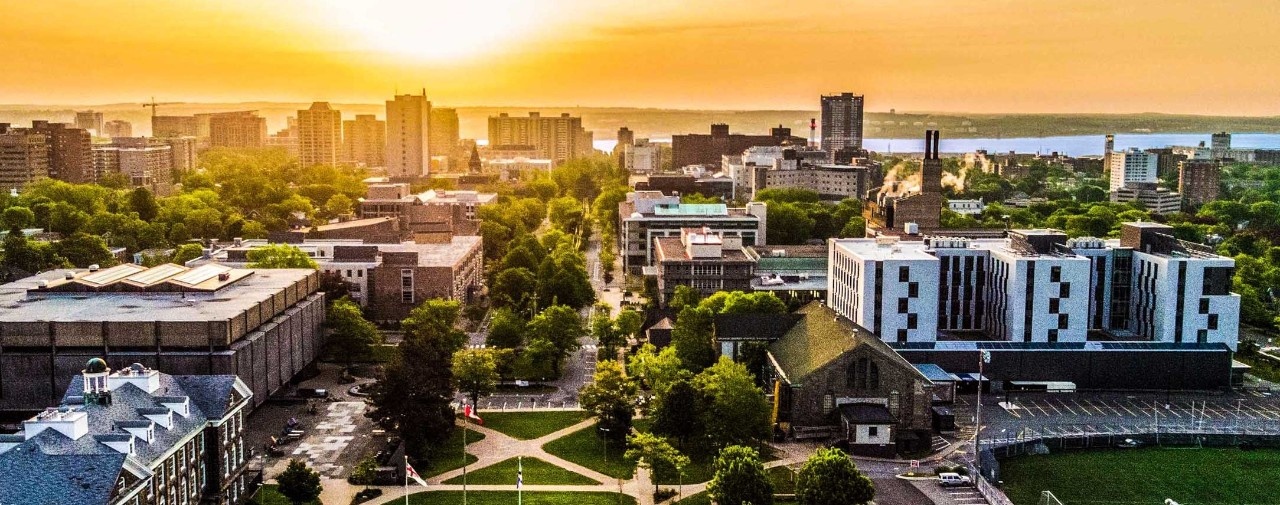Moonlighting
Moonlighting Guidelines for Residents with a Defined License
Approved PGME Committee - March 4, 2021
Moonlighting Policy - [PDF-96KB]
Definitions
Moonlighting
Voluntary, time-limited clinical services that fall within a resident’s demonstrated scope of practice, for remuneration outside of their training program.
Introduction
A resident's prime responsibility is to their educational requirements and the associated clinical activities within their specialty. However, moonlighting can allow the postgraduate trainee to provide service in areas of physician shortage during their residency training. This experience may also provide residents with a wider exposure to clinical practice in the community setting. It must be clearly understood that any such services provided by residents are considered by Dalhousie to be outside the scope of their educational program. The resident is responsible for ensuring that the guidelines set out below are met.
Guidelines
- Residents are eligible to moonlight if they have the necessary competencies to execute the required duties of the moonlighting experience, have appropriate licensure with the provincial regulatory body, and meet the eligibility criteria defined by their training program.
- The resident must provide full particulars of the proposed moonlighting arrangement to the Program Director and there must be approval or disapproval in writing by the Program Director to ensure there is no compromise of the resident's academic achievements or patient safety. If there is a disagreement about this between the resident and the program, the resident can appeal the decision to the Postgraduate Dean or his/her designate. Their decision will be final.
- The resident shall ensure they have appropriate licensure with the provincial regulatory body and coverage with the Canadian Medical Protective Association. Appropriate supervision must be available, as stipulated by the provincial regulatory body.
- Moonlighting coverage provided by a resident will normally end 12 hours prior to the resident returning to work in his/her program. This will ordinarily preclude residents from doing moonlighting shifts anytime from Sunday evening to Friday evening and when on call during the weekend.
- Residents are not permitted to moonlight while on a leave of absence from their program or while undergoing remediation in the form of a Formal Enhanced Learning Plan.
- While moonlighting, residents are not able to accumulate educational credit for postgraduate training programs.
- Residents are not permitted to simultaneously moonlight while completing regular resident duties, including call.
The Program Director reserves the right to withhold or withdraw permission to moonlight at any time if, in his/her opinion, the guidelines are not met, if resident's academic achievements are being compromised or if the Program Director has reason to believe that the moonlighting arrangement is otherwise inappropriate. Please also refer to the RCPSC Statement on Moonlighting. [PDF-194KB]
Applying for a Moonlighting License
Applications for internal and external moonlighting, along with the College of Physicians and Surgeons of Nova Scotia’s policy regarding each, can be obtained directly from the College’s website
The College would like to point out that it could take several weeks for all required documentation to be received by the College and advises that all applicants should realize that a defined license for postgraduate trainees cannot be granted “spur of the moment”. If you are considering moonlighting during the current academic year you can submit an application to the College as soon as possible to expedite the process. You can provide the following documentation with your application:
• Photocopy of your medical degree (if not already on file)
• Photocopy of your LMCC certificate (if not already on file)
• ACLS/ATLS (if applicable)
• Neonatal Resuscitation Course (if applicable)
• Registration fee (which will be held on file until the license is granted)
• Contact your Program Director for a letter of approval and endorsement
• Contact CMPA to upgrade your coverage to Code 14 – Residents with Moonlighting
Once you have made arrangements for locum/moonlighting coverage you will need to ensure that the following documentation is provided to the College:
• Letter of sponsorship/supervision from the physician where the locum/moonlighting will be performed
• Documented evidence of approved hospital privileges (if applicable)
• Documented evidence of Code 14 CMPA coverage
The College will hold the application on file until all required documentation is received.
Please do not start your Locum/Moonlighting coverage until you receive confirmation from the College of Physicians and Surgeons of Nova Scotia that you have been granted a license to provide Locum/Moonlighting coverage.
